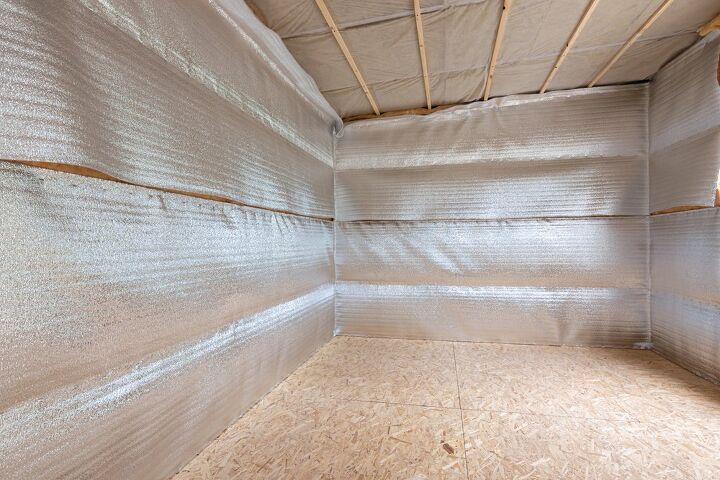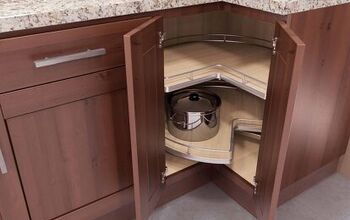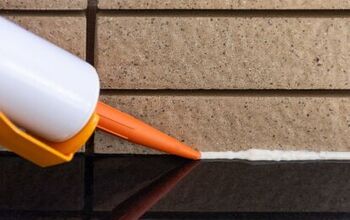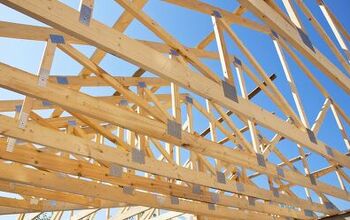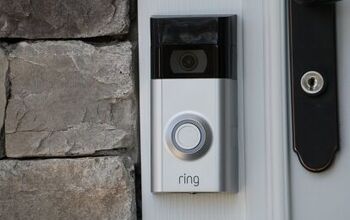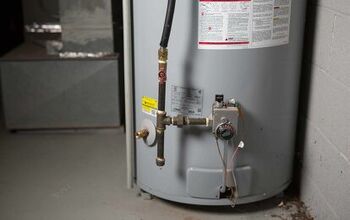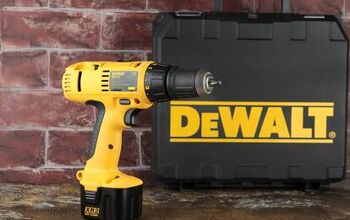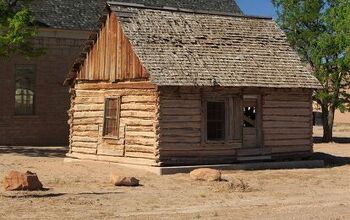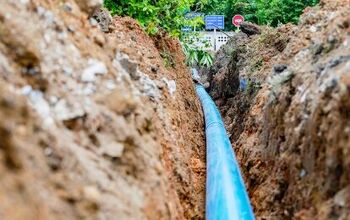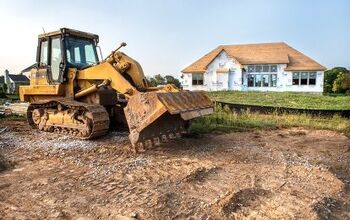Should I Use A Vapor Barrier In My Garage Walls?

A functional garage is essential for many homeowners. Whether it is used to store essentials, or it is meant to keep a car protected from various forms of climate weather, the garage is irreplaceable. So it is understandable you want to keep your garage in top shape, which might include some necessary improvements from time to time.
You should use a vapor barrier in your garage walls whenever you have a heated garage or live in a moist climate. Vapor barriers are highly effective at keeping moisture from traveling through the walls of your garage. This prevents your walls from rotting and growing mold. If you live in a mild and dry climate, you are less likely to require vapor barriers on your garage walls.
In order to know exactly when you need a vapor barrier for your garage, you need to know what a vapor barrier does. Once you understand the function of a vapor barrier and can spot the warning signs for when you need one, you can then make a confident decision,
Vapor Barriers And What They Do For Your Garage
Every well-built structure has seals in place to keep the elements out. In fact, what makes modern structures so safe and long-lasting is their ability to stay strong and sealed, thus maintaining their composure over time.
Vapor barriers come in many forms. They can be a paint-on sealant or a film you instill into your wall. Most modern homes have some form of vapor barrier built into their walls. Garages, however, sometimes do not receive the same care and attention as your home. In fact, your garage may be built completely differently than your house. It may lack sealant, insulation and protection.
Reasons You Should Use A Vapor Barrier In Garage
There is no definitive yes or no when it comes to needing a vapor barrier in your garage walls. There are, however, several reasons you may want to consider installing a vapor barrier. Additionally, there are several visible signs you may notice in your garage that indicate you are in need of a vapor barrier.
You Notice Mold In Garage
If you notice mold or a moist and musty smell in the garage, particularly on the walls, you might need a vapor barrier. If you live in an area with lots of rainfall, or moist outdoor conditions, that moisture will always fight to enter your dwelling. A vapor barrier keeps the moisture out. In doing so, it also prevents unnecessary mold from growing.
Your Garage Is Heated
If you have a heated garage, or plan to install heat in your garage, you should absolutely install a vapor barrier. If you have a heated garage, then the odds are it gets cold outside where you live. When you have a heated garage and no vapor barrier in the garage walls frost will collect on the walls, and eventually, you will attract moisture, mold, and rot.
Keep in mind that even if your garage is not heated, you still might need a vapor barrier in your garage walls. This is particularly true in areas with more extreme climates.
The Garage Feels Damp
If your garage feels damp this is a major warning sign that moisture is leaking through. A vapor barrier can help lock out that outside moisture using its barrier on your garage walls.
Decaying And Rotting Walls
If you are starting to notice your walls are decaying or rotting you need to address the issue immediately. Decay and rot can spread very quickly. Once you address this issue, you will want to put a vapor barrier in your wall. This will prevent moisture from passing through your walls and getting stuck.
Vapor walls are highly effective at preventing moisture buildup, rot, and moisture induced fungus that grows in walls and destroys them.
Reasons You Don’t Need A Vapor Barrier In Garage
The Garage Is Not Heated
If your garage is not heated, you are less likely to need a vapor barrier in its walls. This, however, is not always true. Your climate, and other factors may make a vapor barrier a good choice even without a heater.
Your Climate Is Mild
If you live in a dry area with very little temperature variance, you are less likely to need a vapor barrier than those living in wet climates with varying weather. Be aware that dry climates come with their own set of issues you need to worry about.
As a rule of thumb, if you never have to worry about water damage, you likely do not need to install a vapor barrier in your garage walls.
Your Garage Walls Have Other Protection
Vapor barriers are not the only protections against moisture and elements from entering your garage. Your garage may already be equipped with suitable protection. It may also contain materials that do not require such moisture-proofing.
Attached Garages vs. Detached Garages
When you are deciding whether or not to install a vapor barrier in your garage, you also need to consider if it is an attached or detached garage. The main reason for this is that an attached garage and detached garage are often built to different specs.
When a garage is attached to your home, it normally shares the same protections as most of the other walls in your home. In other words, attached garages should already be protected from moisture. If you are attaching a garage to your home, it is always a good idea to protect the garage as well as you protect your home.
Detached garages, on the other hand, often do not share the same insulation and building integrity as your home might. You should look carefully at your detached garage and see if it requires a vapor barrier, especially if it is showing any signs of mold or rot.
Check Building Codes
In some cases, the decision as to whether or not you need a vapor barrier in your garage is not even up to you. Some building codes actually might require your home and garage to have suitable vapor barriers and moisture protections.
Just like with any major building project, always check your local building codes first. Make sure you are within the law. This also helps to make sure you are in compliance with your insurance company as well.
Keep in mind the municipality might not have rules for the garage. Your dwelling, however, may require a one. In this case it is best practice to cover the garage with a vapor barrier as well.
Ask A Professional
If you are on the fence about whether or not you need a vapor barrier for your garage walls, ask a professional. You do not need to get an elaborate estimate.
A professional in your area will already be familiar with your climate, and may be able to offer you a simple and relatively inexpensive solution.
Final Thoughts On When Vapor Barrier In Your Garage Walls
Any time you have a heated garage, or a garage with extreme (wet) weather, you should make sure you have a vapor barrier. You may also require a vapor barrier if you notice mold or rot on your garage walls. Remember that detached garages are more likely to require a vapor barrier than attached. If, however, you live in a mild and dry climate, a vapor barrier may not be necessary.

Tom Gaffey is an expert writer who currently resides in Washington D.C. Tom has a passion for real estate and home improvement writing, as well as travel and lifestyle writing. He lived the last twelve years in Hawaii where he worked closely with luxury resorts and event planners, mastering his knowledge of aesthetics and luxury products. This is where he found his passion for home improvement and a keen interest in DIY projects. Currently, Tom resides in Washington D.C, and also working on his debut fiction novel.
More by Tom Gaffey



